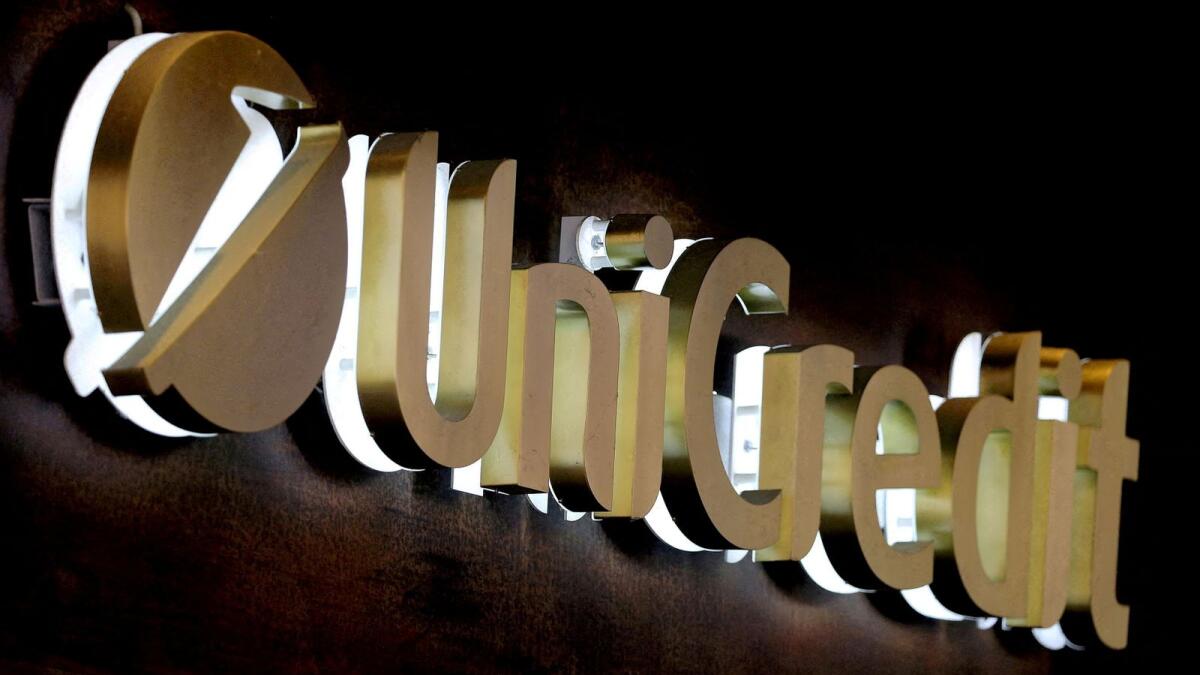The potential acquisition of Commerzbank by UniCredit has caught the attention of credit rating agency Moody’s, which may consider raising UniCredit’s rating for its riskier debt. While UniCredit currently holds a ‘Baa1’ rating, which is already two notches above Italy’s rating, an acquisition could lead to an upgrade in its standalone assessment. This upgrade could result in improvements in the ratings for debt riskier than senior unsecured borrowings, ultimately reducing its funding costs.
The prospect of UniCredit reducing its exposure to Italian debt and Commerzbank’s higher credit rating are key factors driving the Italian bank to pursue a deal with Commerzbank. UniCredit’s senior unsecured debt accounts for 37%, subordinated debt represents 10%, and Additional Tier 1 bonds make up 4% of its total debt. Moody’s has identified the potential benefits of a full takeover of Commerzbank for UniCredit, including international diversification, reduced exposure to Italian sovereign risk, and improved capitalization, asset risk, funding, and liquidity.
UniCredit’s strong capitalization and excess capital, accumulated after a long restructuring phase, position the bank well for a potential acquisition of Commerzbank. Moody’s believes that a deal could lead to a stronger footprint in Germany, diversified funding channels, and lower direct exposures to Italy’s debt relative to capital. While the acquisition may temporarily reduce profitability due to restructuring costs, it could ultimately result in higher returns through cost synergies in Germany and a stronger combined franchise.
Italy’s weak credit standing has historically been a challenge for Italian banks looking to expand internationally. However, an acquisition of Commerzbank could help UniCredit overcome these challenges and further strengthen its position in the European banking sector. Moody’s will closely monitor the progress of the potential deal and assess its impact on UniCredit’s credit rating and financial stability. Ultimately, the success of the acquisition will depend on various factors such as international diversification, capitalization, asset risk, funding, and liquidity.
The acquisition of Commerzbank by UniCredit would mark Europe’s first major cross-border banking deal since the global financial crisis. While the move has sparked concerns among Germany’s establishment and Commerzbank’s emphasis on independence, UniCredit remains committed to exploring a full takeover. Moody’s analysis suggests that the acquisition could lead to long-term benefits for UniCredit, including enhanced profitability, cost synergies, and a stronger market position in Germany. As the two banks navigate the complexities of a potential deal, investors and stakeholders will be closely watching for any developments that could impact the financial landscape of the European banking sector.









